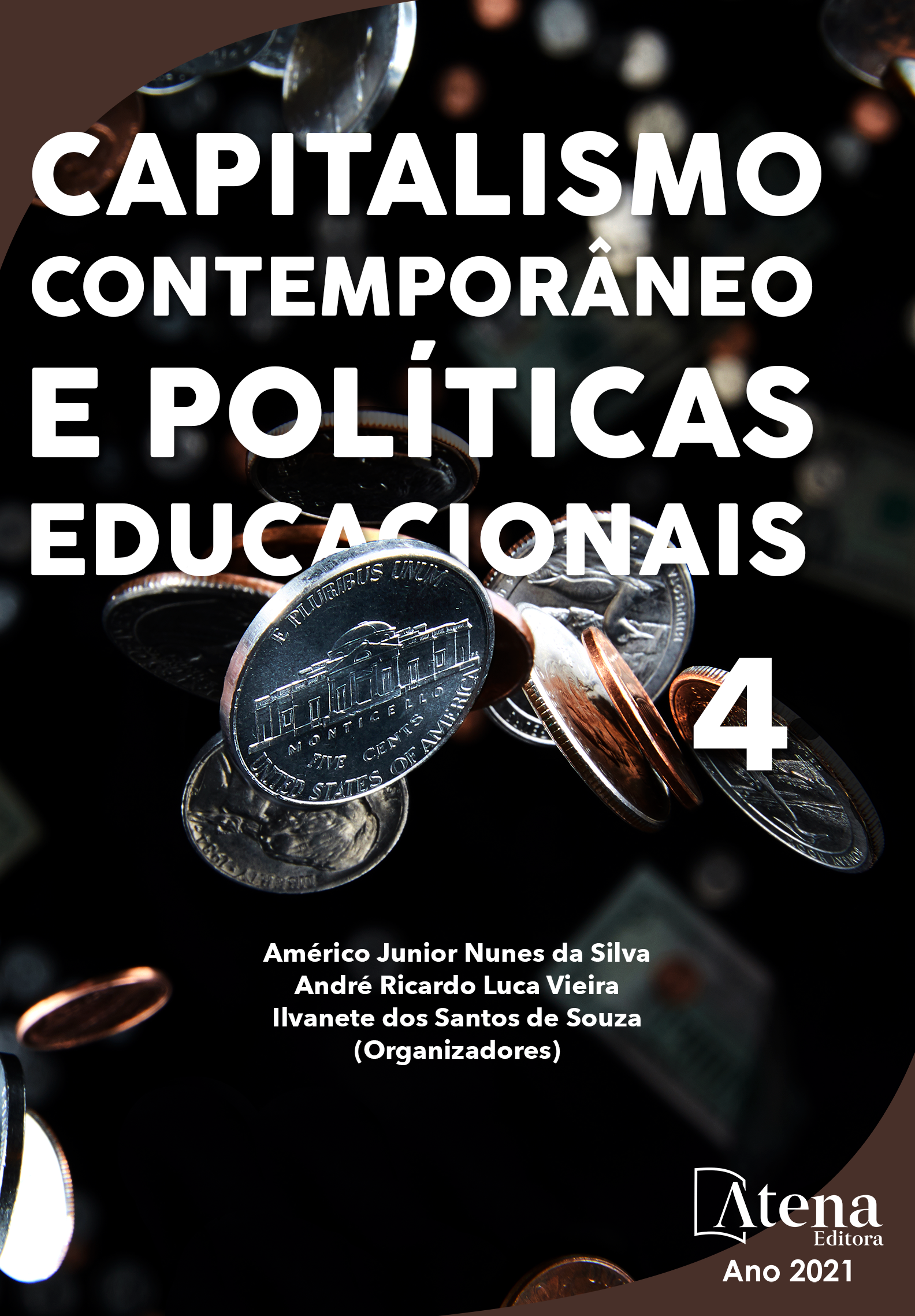
ROBÓTICA EDUCACIONAL: UMA PROPOSTA DE ENSINO DE FÍSICA NO ENSINO BÁSICO.
Este artigo resulta de uma oficina que foi aplicada em uma escola Pública, na periferia de Castanhal, Pará, Brasil. Potencializando o processo de ensino e aprendizagem da Física através do uso da robótica educacional, por meio da plataforma Arduino. Esse trabalho teve como objetivo aplicar o uso de novas tecnologias na educação, utilizando a robótica educacional, trazendo novas formas de ensino e aprendizado pela tecnologia do Arduino. Para tanto, destacando-se as dificuldades que esses alunos têm em manusear o computador, a linguagem de programação, a eletrônica, a eletricidade e a lógica matemática. A metodologia do trabalho partiu de uma pesquisa qualitativa, com análise de temas abordados em livros, artigos, internet e teses. A pesquisa de campo se deu por meio da intervenção junto aos alunos do 3º ano, colocando-se como objetiva, empirista, mostrando a realidade social dos alunos e estrutural da escola durante três dias de oficina. Para embasar o trabalho usamos Campos (2008), mais precisamente sua tese de doutorado intitulada Diálogo de Paulo Freire e Seymour Papert, que visa à responsabilidade de ajudar na ação para superar dificuldades no ensino. Como resultados obtivemos a interação de todos os alunos durante os trabalhos em grupo para execução das tarefas nas montagens dos circuitos e programação através do ardublock.
ROBÓTICA EDUCACIONAL: UMA PROPOSTA DE ENSINO DE FÍSICA NO ENSINO BÁSICO.
-
DOI: 10.22533/at.ed.6472111063
-
Palavras-chave: ROBÓTICA EDUCACIONAL, ARDUINO, LINGUAGEM DE PROGRAMAÇÃO, CIÊNCIA.
-
Keywords: EDUCATIONAL ROBOTICS, ARDUINO,PROGRAMMING LANGUAGE,SCIENCE
-
Abstract:
This article results from a workshop that was applied in a public school, on the suburb of Castanhal-Pará, Brazil, potentiating the teaching and learning process of Physics over the use of educational robotics, through the Arduino platform. It aimed to apply the use of new technologies in education, using educational robotics, providing new form s of teaching and learning through Arduino technology. Therefore, it highlighted the difficulties that those students have when it comes to handling the computer, the programming language, electronics, electricity and mathematical logic. The methodology of this article started from a qualitative research, with analysis of topics covered in books, articles, internet and theses. The field research, which was objective and empirical, took place through the intervention with the 3rd year students, showing their social reality and the school's structure during three days of workshop. To support the work, we approachedCampos (2008), more precisely his doctoral thesis entitled "Diálogo de Paulo Freire e Seymour Papert", which aims the responsibility of helping in action to overcome teaching difficulties. As a result, we obtained the interaction of all students during group work to perform tasks in assembling circuits and programming through ardublock.
-
Número de páginas: 15
- RAFAEL RODRIGUES DE SOUSA CAVALCANTE
- Walter Vieira da Silva Júnior


